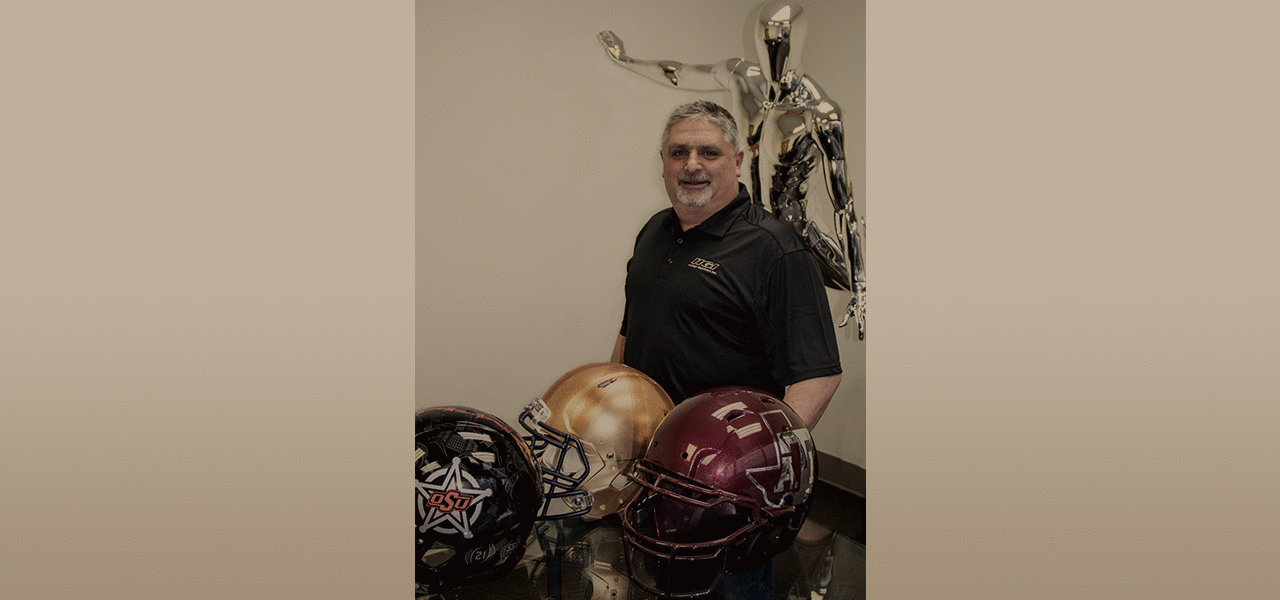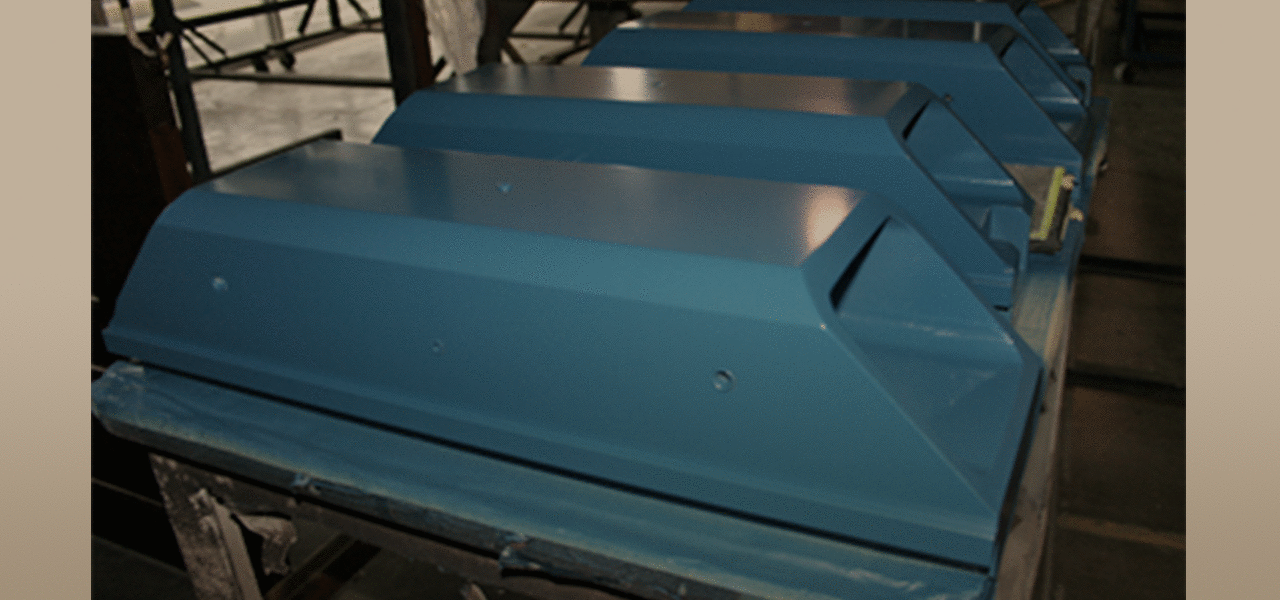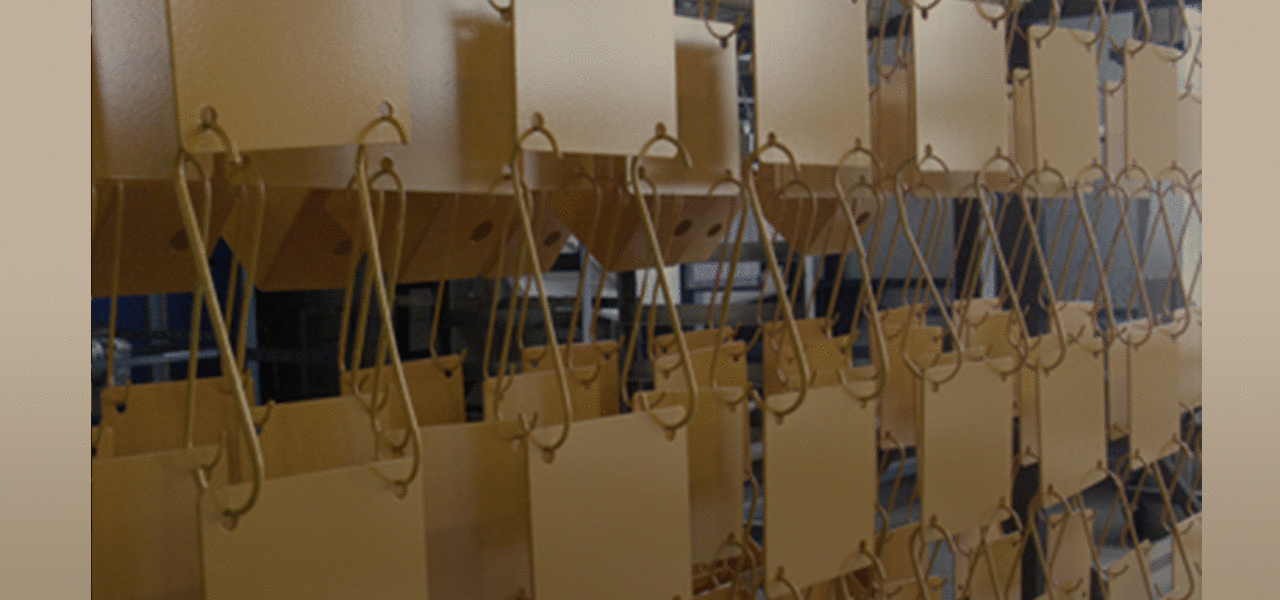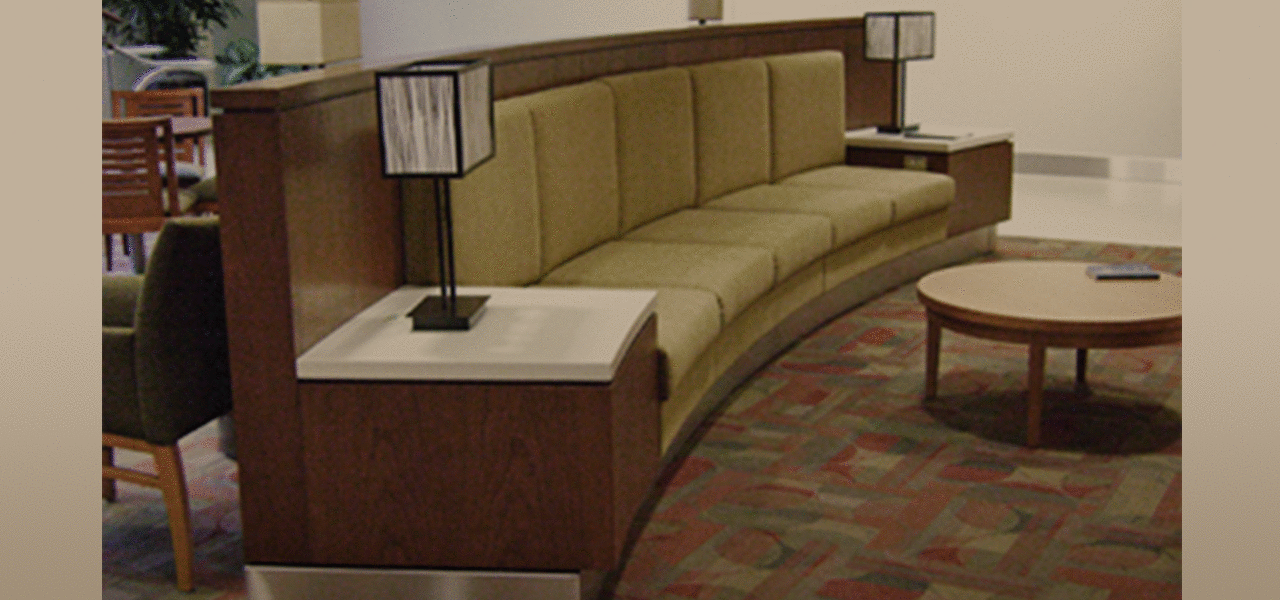Finish Line Industries began in 2000. Their business is comprised of two market segments of painting home construction materials such as doors, window frames, trim and cabinets for the real estate market. Their second market consists of high-end custom painting of various sport related equipment, like football helmets, baseball helmets, gun stocks, eyeglass frames, and more. Experiencing tremendous growth over the years, Finish Line Industries now operates out of a 30,000 sq. ft. building and supports over 30 full-time employees.
Success Story
Finish Line Industries
Industry
Location
Date Founded
Number of Employees
Background




30
40%
23%
The Situation
With a number of repeat customers, Finish Line has steady business. However, those customers have a wide variety of product needs, so products coming through the facility are widely varied and require significant floor support to ensure custom products get out on time. Finish Line wants to deliver custom parts correctly, the first time, ensuring that quality is second to none.
As the business grew over the years they have added various new manufacturing processes. The facility layout was starting to show its age, including excess material handling and very high “que” lines clogging shop floors. Partially painted products were often parked behind newer released shop orders which cased material handling issues. Employees searched for misplaced WIP inventories. Heavy parts accumulated, bottlenecking operations and requiring an army of personnel just to keep product moving through the shop. Business owner Christ Thom states:
“I was working long hours, between customer developments and actually directing shop floor activities. I knew that if we were to continue to grow we needed to stop, take a look at our total operation methodology and make some major changes.”
The Solution
OMEP conducted an assessment of potential improvements the Finish Line team could make to their operations in order to improve manufacturing abilities. After a full day of comprehensive assessment work, OMEP suggested a multi-point plan that would move their manufacturing needle. Chris states,
“I have to admit I was a bit skeptical at first. It looked like a lot of work on everyone’s part and we were already working way too many hours. But I knew we needed to make some changes because we could not continue our growth plans by doing more of the same thing. It was a leap of faith but I committed to 18 months of OMEP help.”
The Results
Eighteen months later, Finish Line Industries has four specific workflow patterns going through the shop, with each workflow geared to our particular product segments. The team has installed several new paint booths, retrofitted a previous unused paint curing oven, installed bays of energy-saving LED lighting and rearranged about 60% of shop floor equipment. While doing all these physical improvements they also scrapped their old QuickBooks ERP system and migrated to a much more powerful, online ERP system. When it came to time make the change commitments, Finish Line Industries (as Chris Thom likes to say) “’ripped the Band-Aid off’ and made the changes.”
Today the shop floor is much more efficient, both in having the right inventory when it is needed but also in reduction of material handling. They no longer “dump” orders to the floor but “schedule” orders, reducing confusion and reducing racks of WIP sitting around on the floor.
Finish Line has taken impressive first steps in their continuous improvement journey, thrusting their company into a whole new dimension of performance.
Do you want to skill up your team in lean fundamentals? We can help >
Our business is growing, I actually have time to work on new business development! I’m working a lot fewer hours and best of all, we’re more profitable today. I also now enjoy working with customers more closely to create bigger and more advanced solutions with some of my biggest customers.
